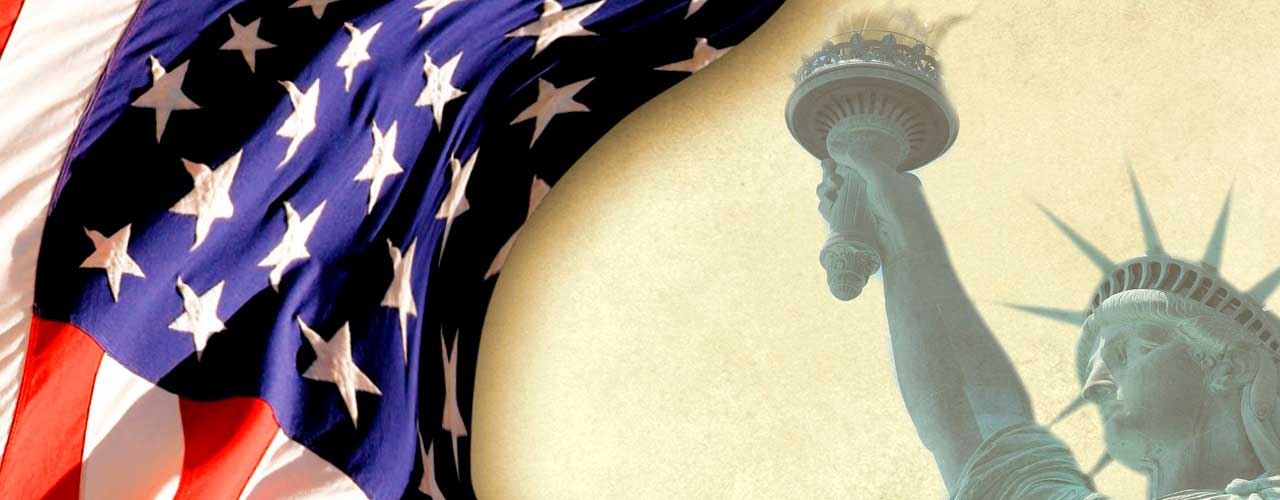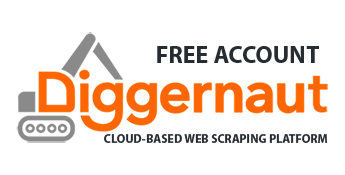Open data is a means of sharing information about the operations and the financial developments of the government. It is a transparency to the development and progression of the organization in which it is a part. In a country whose slogan chimes “by the people, for the people”, it is quintessential that open data become common place and not just a suggestion to government, research, and business.
The Numbers
Per the U.S. Government’s open data site, hundreds of billions of dollars are wrapped up in the worth of Federal Open data. The sectors span to health, business, climates, education, consumer information, agriculture, energy, finance, health, local government, manufacturing, maritime, ocean, public safety, and science and research. Basically, any asset which has legislation and governance from the U.S can have open data.
Even though such efforts have been made for open data, there are fundamental questions which have caused some to debate its effectiveness. Primarily, the question of how much open data costs, who will, pay, and the objectives of the programs to generate the data. Currently, the 2013 M1313 Executive Order mandated by President Obama in 2009 and re-examined in 2015 with the third NAP (National Action Plan) addresses some of these questions, but more focus is needed.
U.S open data and business
A closed and locked door always gives way to conspiracy theories and distrust, and we can see that now in the government. Whether there is such or not, is up to the interpretation of the information which becomes available to the public. Arguably, if data is open, then the public has access to the business workings (on a data level) so that he or she can effectively execute oversights into the business. The business, thereby, has transparency and is less apt to fall under the scrupulous criticisms of the public for being “too secretive” or elusive in their operations.
It is not just the consumer that can benefit from the government’s open data. CEOs and executives can take advantage of the data to increase the effectiveness of operations. For example: Energy efficiency companies can allow consumers to track energy use. One can already see such businesses as Zillow (a real estate company) using open data maps to provide information for would be buyers. And while some may think that the open data would only be beneficial to the larger businesses, such is not true. Royal Holloway, University of London, speaks upon Using open data for digital business stating that standardization (such as ISO certification) can be embraced by small businesses. It is further stated that small businesses which embrace open data “allow for greater interoperability between datasets, and ultimately expand the scope for what’s possible by bringing these data sets together.
For the startup business
Apart from the public, open data is a crucial part of any start up business. Startups which use due diligence in the research of the market data have already accessed open data to some extent. While marketing data and open data are not the same, there are some areas where the open data and the marketing data could merge, such as in average household incomes, spending trends in the area, and the sales data from competing markets. While this information does not give away any information concerning the operations of the competitor and does not intrude upon the privacy of the individuals in the area, it does provide a level of data to the startup company so that proper focus can be given to the products and services offered to that area.
Why should open data be a focus of business and research?
Whether a business is focused on political, educational, or economical success, there is a responsibility from the organization to allow the public to have data to make informed decisions about the company and the organizations. One can see that there is a huge backlash from the American public when information is presented (whether fictitiously or not) concerning workings and data. The general mindset is that when data is kept from the public, that the information is somehow corrupt. Of course, this is not true in all cases, but the perception is.
Open data is not having a framework which exposes the framework of the business, government, or sensitive information. Instead, it presents the data to the public which is important for the person to get the broad picture of the company or business workings. As transparency in business and research is vital to the creditability, but the competitive workings is essential to the business’s survival, it must be understood that open data is the sharing of information which will help the public evaluation of facts and information. It is not information which will damage or deter the overall functionality of the business, company, or the government.
In a world which is focused on the facts, data, and the transparency of the government, politicians, CEOs and business owners, the only way in which to progress in our businesses and in our operations is with standardization, flameworking, and fine tuning our open government and business data.



One Reply to “The necessity for open data or How open…”